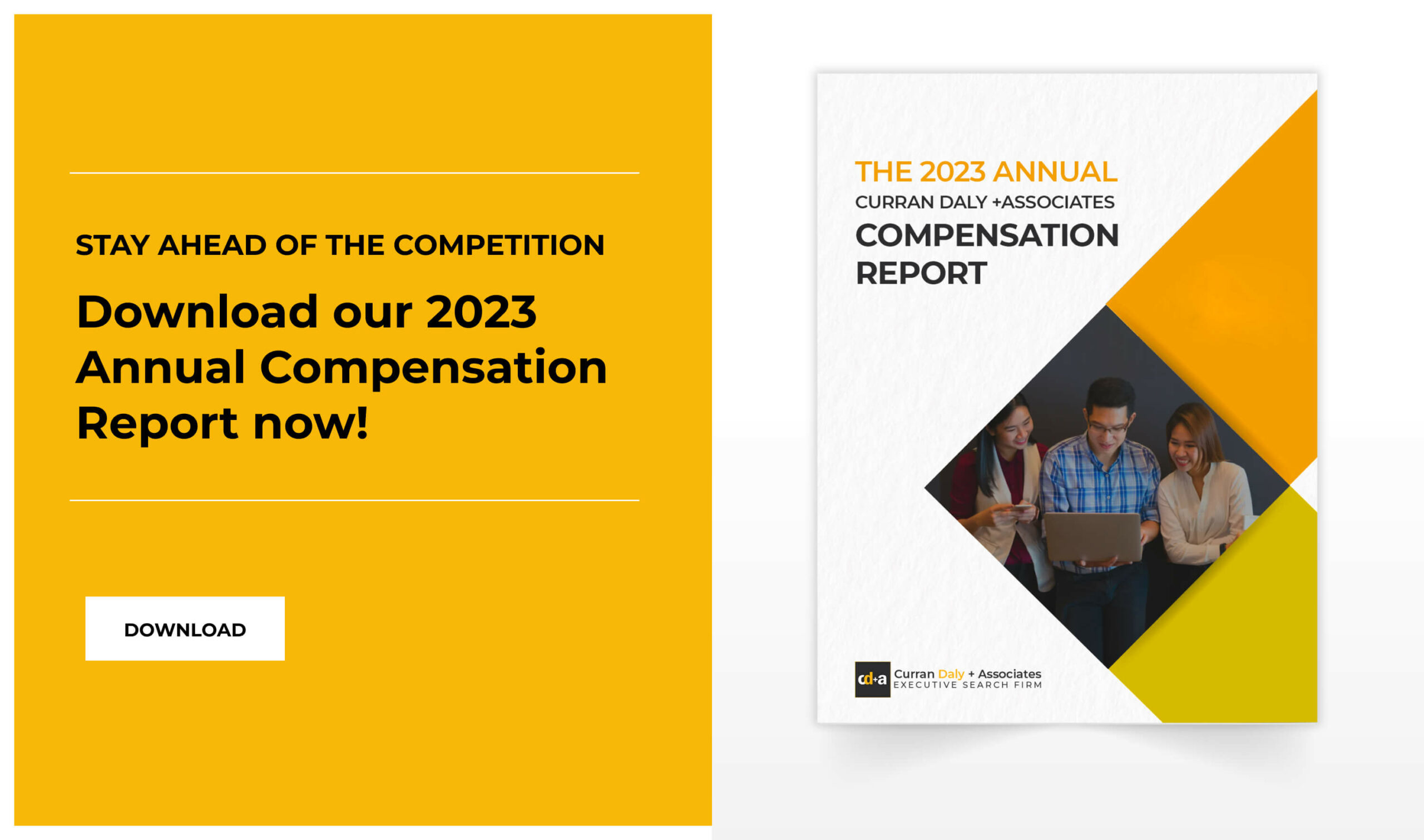We know ‘first impression lasts’. And it’s quite daunting to impress somebody, especially, a hiring manager. Yet it is easier to impress anyone when you are in front of them.
But how do you impress a hiring manager over the phone? Seems tough.
Here’s what you need to do.
1. Do your homework (ahead of time).
Did you apply for an opening recently? If yes, then you must expect a call sooner or later. Therefore, learn as much as you can about the company and the position you applied for.
You can check the company’s website and their social media accounts. If you want to dig deeper into their culture, their value proposition, and the “how-we-do-stuff” information go to their blog. Know what they do and how they do it.
As you do your research, figure out how fit you are for the job and the company. Answer the questions: “Why am I fit for the job?” and “How will the company benefit from me?”
2. Prepare your spiel.
Do you know what to say once that phone of yours rings? If you want to impress the interviewer on the other end of the line, you better do.
Aside from joyfully greeting the person on the phone, you must have a spiel ready. Prepare spiels for every possible question you might get asked. The most common, yet the trickiest, question is “Why don’t you tell me about yourself?”. Remember, however, that your spiels are not necessarily your script. They must serve as your guides only.
Also, familiarize yourself with what you’ve written on your resume because you can’t always have your CV with you when the interviewer calls. You might get asked questions based on what you’ve written there.
Tip: If you see an unfamiliar number calling you and you are expecting a phone call from your prospective employer, be sure to greet the caller very warmly when you answer it. It might be the hiring manager who is going to interview you.
3. Make sure your tech won’t fail you.
Check your phone’s battery and your reception. Having the line cut in the middle of a conversation is not a good way to make a great impression.
If the interviewer calls you while you are at an inconvenient time or place, you can politely tell the interviewer that it is not okay to talk yet and ask them to call you again after a few minutes. And when that time comes, make sure you have your phone ready and good.
4. Be clear, concise, and consistent.
The more you talk, the more mistakes you make. That’s certainly almost always true. Hence the need for well-crafted spiels and structure.
Let’s talk about spiels. You cannot make spiels for every possible question but you certainly have to have one for this: TELL ME ABOUT YOURSELF.
A quick fix to this is the Past-Present-Future Formula.
- Past. Start with who you are, and what you’ve been doing in the past few years.
- Present. Point out the needs of the company at the present and relate how you can help be of help.
- Future. Take them to the future – with your experience, and your skill set, where do you see yourself vis-a-vis the company in the future?
For all the other questions you will encounter, use a predefined structure that will help effectively answer each question and sell yourself at the same time — the W-SW-NW Formula. It stands for “What?”, “So, what?”, and “Now, what?”.
- WHAT. Give your answer to what is being asked. No introduction, no adlibs, no whatsoever, just answer the question straight away.
- SO, WHAT. Then, elaborate on your answer. You may talk about significance, extent, impact, or any other qualitative justification or explanation for your answer.
- NOW, WHAT. Given what you’ve just discussed, what action should the interviewer take? Or, what action you should take. For example: “Given your current marketing challenges, it is highly recommended that you invest in a robust digital marketing program and a highly-effective digital marketing team, to which I can be a great addition.”
5. Listen before you talk (even in your head).
It’s easy to get preoccupied thinking of what to reply while listening to the question. Do not make that mistake. Listen with the intent to understand. Let the interviewer set the stage. Listen first.
It is important that you take notes. There are occasions when the interviewer would explain the job position first then tell you why the job is open. This will give you hints on the factors that could build your application.
Then, talk to the interviewer just like how you would talk to them in person. Smile as you talk. The interviewer will not see it but they will hear the difference in your voice.
6. Finish strong (and positive).
Finish strong by summarizing your strengths. Your must prepare a spiel for this also. Clearly communicate your interest in meeting them and sincerely thank the interviewer for the call.
Good luck, we hope you get the job! Also, if you are still looking for great opportunities, do check our job openings here!









0 Comments